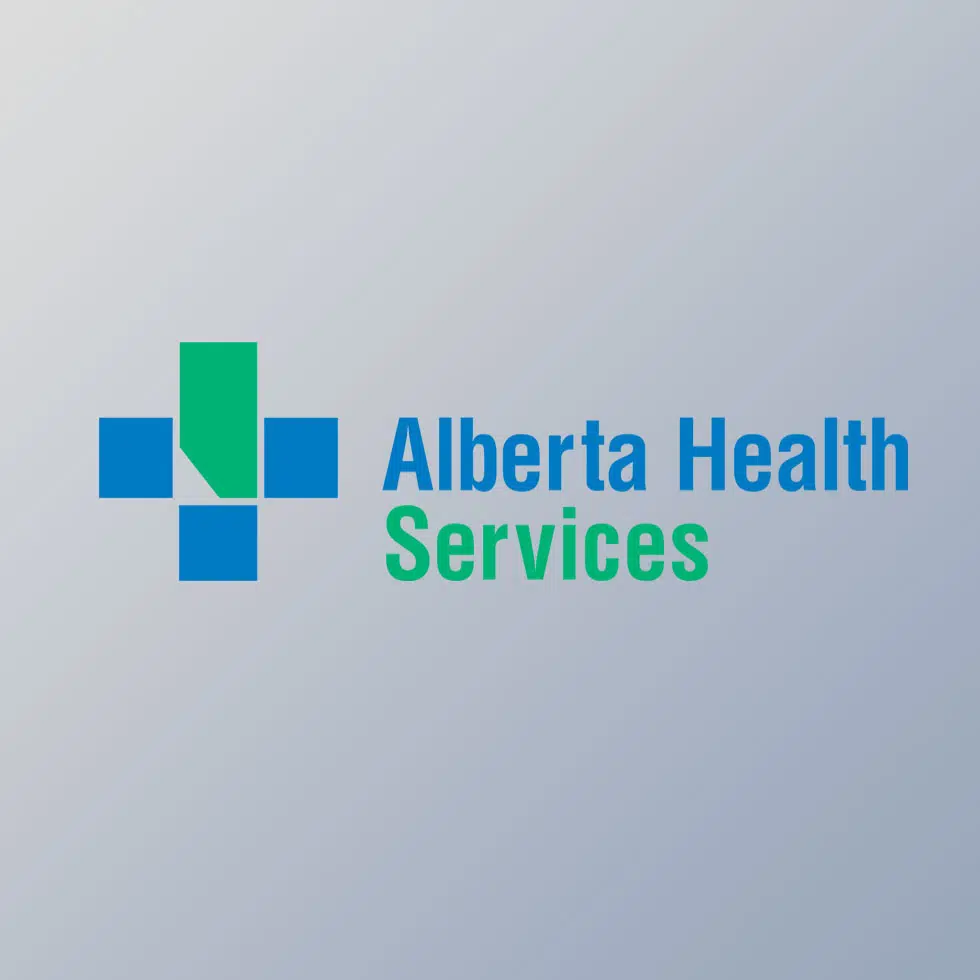
Cases of gonorrhea on the rise in southern Alberta
MEDICINE HAT – Alberta Health Services is warning about an apparent spike in cases of sexually transmitted diseases in the South Zone.
Between January and March of 2018, 11 cases of gonorrhea were documented in the zone, which stretches from Medicine Hat to Lethbridge. That’s two more cases than were reported in all of 2017.
AHS said three more new cases of gonorrhea were also identified.
